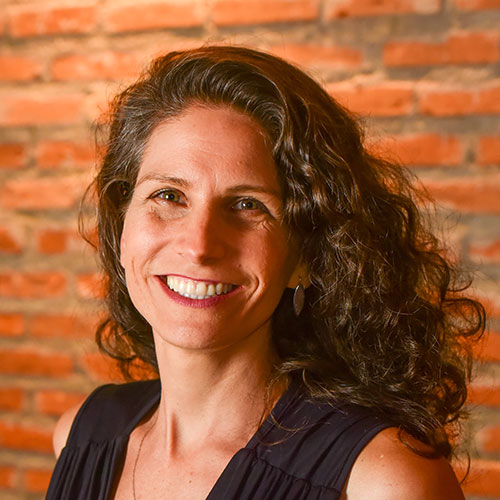Pink October (The Breast Cancer Awareness Month): Instituto Quimioterapia e Beleza brings self-esteem to women with cancer
The positive image helps maintain emotional balance during cancer treatment
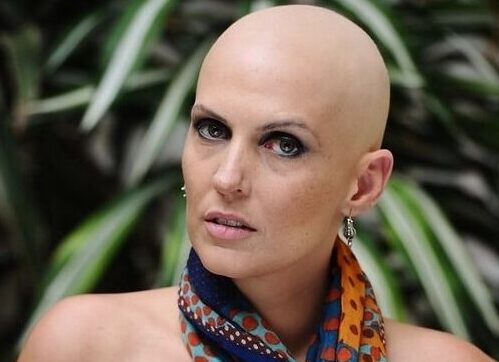

The fight against cancer has a visible impact on women’s appearance. All body hair falls out, the shape of the face changes and depending on the medication taken, it is possible to gain or lose dozens of kilos. Thus, thinking about bringing self-esteem to cancer patients, former model Flávia Flores and her friend Deborah Duarte created the Instituto Quimioterapia e Beleza (IQB).
“Many studies have already shown that well-being is essential to guarantee immunity during cancer treatment. This increases your self-esteem and empowers you in such a way that you are prepared to face that phase”, points out Deborah, founding partner. The institute was founded in 2016 and today has the largest head scarves bank in Latin America, with more than 50 thousand donations.
In addition to donating scarves, IQB also promotes walks in Pink October, offers free psychological support, prepares booklets on the rights of people with cancer and forms partnerships with the corporate sector to replace former patients in the job market, among other actions.
Self-esteem of women with cancer
In 2012, model Flávia Flores was diagnosed with breast cancer at the age of 35. Seeing her image deteriorate in front of the mirror, she began to question the role of self-esteem during cancer treatment. There began a movement around the aesthetics of women with cancer that led to the creation of IQB.
“The doctor even suggested that Flávia stay at home during the treatment and that she cover the mirror so as not to see herself. She had no hair, no eyelashes, but she said she wasn’t going to go through the treatment like that”, recalls Deborah.
“Flávia needed to recognize herself in the mirror, she wanted to look beautiful and go out into the street, she wanted people to greet her and invite her for tea, and that’s what she did,” she continues. Flávia then set up a Facebook page to show makeup ideas, colourful wigs, scarves and chemo looks. With thousands of likes, it became clear that the appearance during treatment was also something that bothered other women who were going through the same situation.
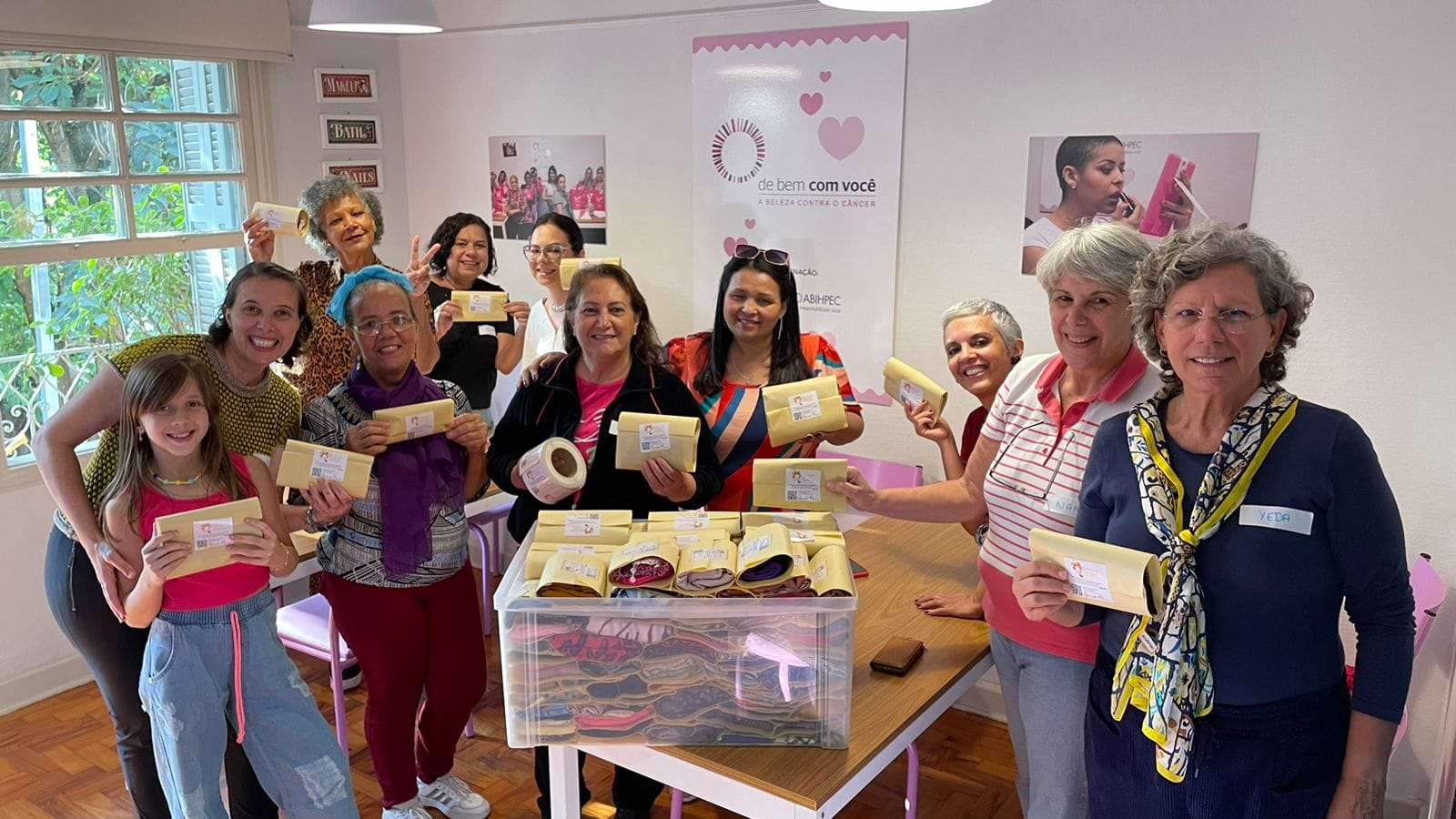
Instituto Quimioterapia e Beleza
The Facebook page brought thousands of women together and soon became a space for exchanging fashion, aesthetics and beauty tips as well as the challenges and pains of cancer patients. In a short time, Flávia had become an icon. Her story was published in the book Quimioterapia e Beleza, a year later, in 2013.
The book became a bestseller in Brazil, demystifying the appearance of women with cancer. She appeared on the cover of the newspaper Folha de S.Paulo, did editorials for fashion magazines such as Vogue and decided to set up, together with her friend Deborah, the institute of the same name to expand the reach of all that action.
Currently, Flávia Flores lives in the United States. After cancer, she met an old boyfriend, married him and had a baby naturally at the age of 41, 10 years after treatment. Her son is 4 years old today.
Head scarvesbank
The IQB scarf bank operates through donations. All wipes undergo rigorous screening and are packaged one by one. Small scarves are donated to children and large ones to adult patients. Most scarves are used by women, so the standard size is usually 90 by 90 cm.
The head scarves are donated directly to people, through the post, and are also sent to more than 20 hospitals in different cities across the country. To access the head scarf bank, you must register on the website. The scarf is chosen according to each person’s profile and delivered sanitized, packaged and labelled, along with a handwritten message.
“It’s a form of welcome, a gesture of affection to say that what’s coming is a phase and that it will pass. That we know how difficult it is and that we are holding hands, together for whatever comes”, explains Deborah.
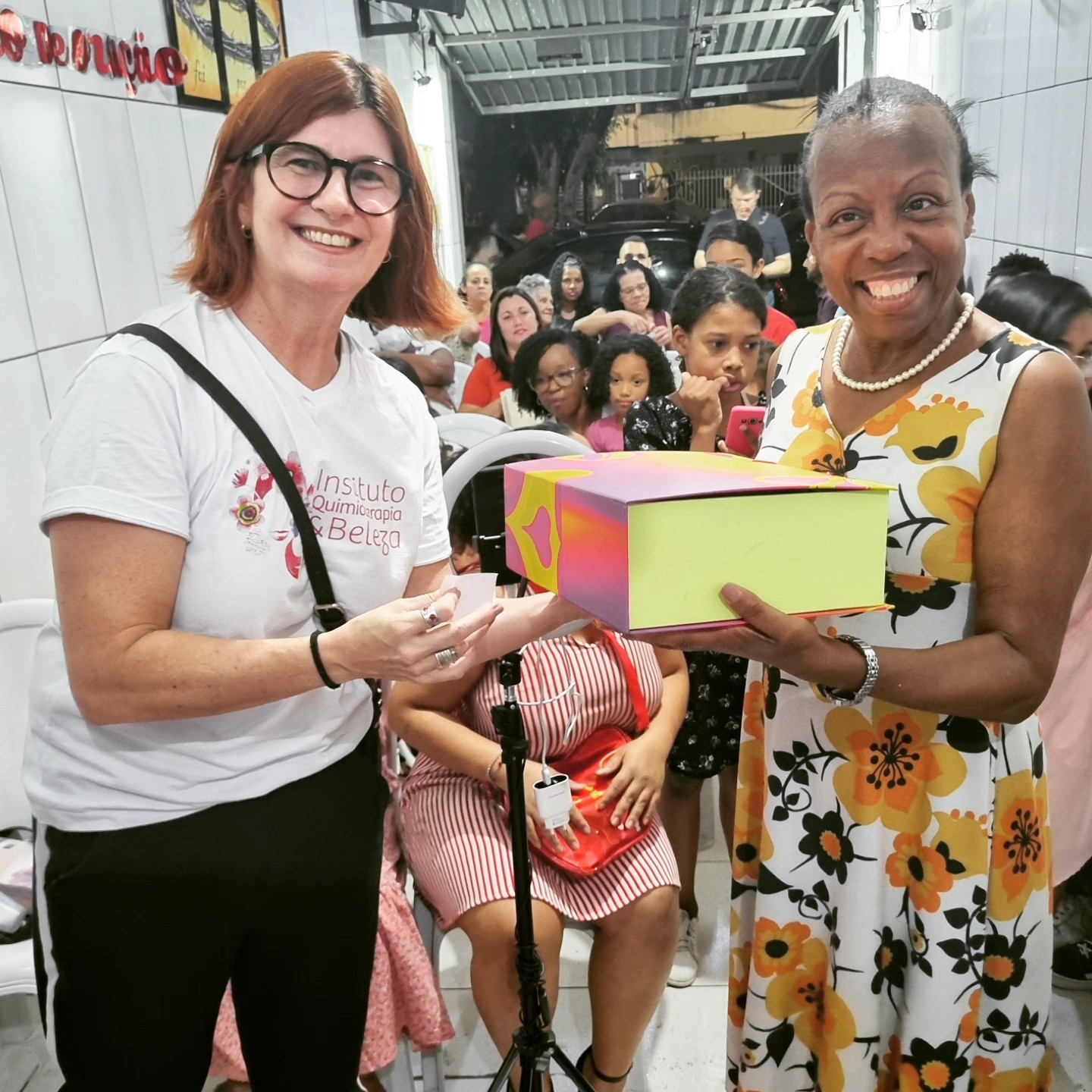

Challenges of cancer treatment
Just like Flávia Flores, most cancer patients are unemployed after diagnosis. With this in mind, IQB also launched the “Abre Portas” project, for relocation into the job market. The project is aimed at both sexes, men and women post-cancer. It is a platform that connects former patients and companies. On one side, people publish their CVs and on the other, companies make vacancies available.
On the platform, there is also a space dedicated to the dissemination of courses and training, in which IQB teaches how to conduct an interview, what type of posture to adopt, and how to write a CV, among other skills.
“Cancer affects more people every day, many of them are still relatively young, and in one or two years could be cured and need to return to the job market. But companies are not prepared to welcome these former patients back, which is why they prefer to fire them rather than restructure!”, warns Deborah.
She remembers that people who have undergone cancer treatment have also experienced radical transformations, which is why they must be listened to: “people after cancer come back much better, if before they had doubts about who they were or what they wanted, they come out of treatment more determined, much more assertive.”
Pink October
In Brazil, around 700,000 new cases of cancer are diagnosed every year. Of these, 60 thousand are breast cancer. When breast cancer is diagnosed early in the disease, the chances of recovery reach 98%. That’s why prevention is so important. The Pink October campaign aims precisely to give visibility to this health problem.
For Instituto de Quimioterapia e Beleza, this is an important moment. At the same time as the institute’s requests double, the collection of scarves and other donations that will maintain its activities throughout the rest of the year increases considerably. “The campaign works, it is an important warning, October became the month with the highest number of breast cancer diagnoses”, points out Deborah.
IQB also organizes the pink cycle and walk on Avenida Paulista, to prevent and raise awareness about breast cancer. The objective is to show that practising physical activity is one of the most important habits in preventing cancer. Although some cases are related to a genetic dysfunction, the disease is mainly due to poor diet and a sedentary lifestyle, alcohol abuse and smoking.
In this way, it is possible to prevent cancer by adopting healthy habits, including a diet free of ultra-processed foods, physical exercise, good hydration, a good night’s sleep and an emotionally balanced daily life.
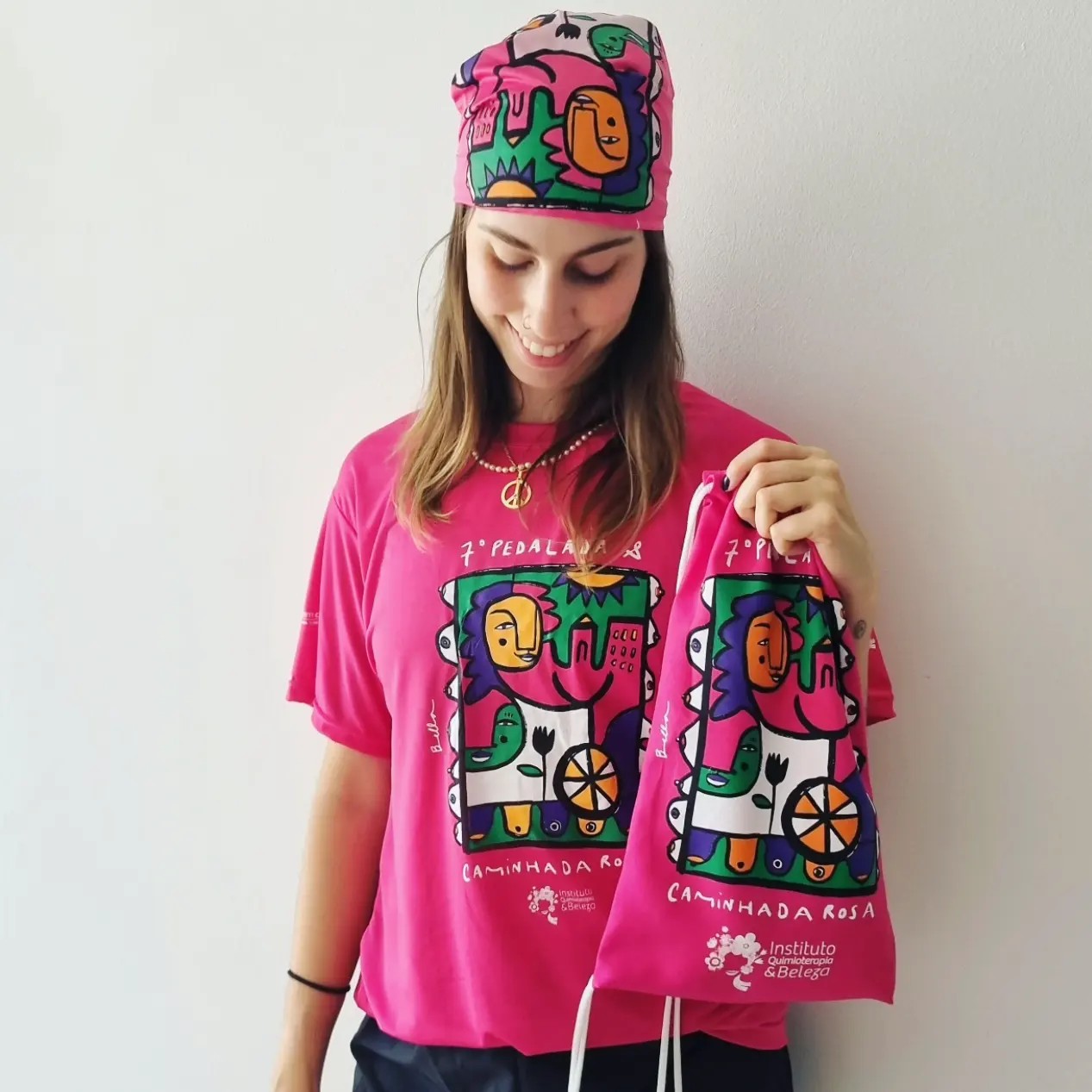

Want to support this cause?
The Instituto Quimoterapia e Beleza is an NGO that operates through donations and volunteering. This year the Saúde da Mulher nas Comunidades project began to provide information about cancer and prevention. The project is initially being carried out in the Água Branca Community, in São Paulo, in partnership with the Health Surveillance and the local UBS. Among the project’s activities are the HPV vaccination campaign and the Pap smear.
For more information, visit the Instituto Quimoterapia e Beleza website and make a donation!
